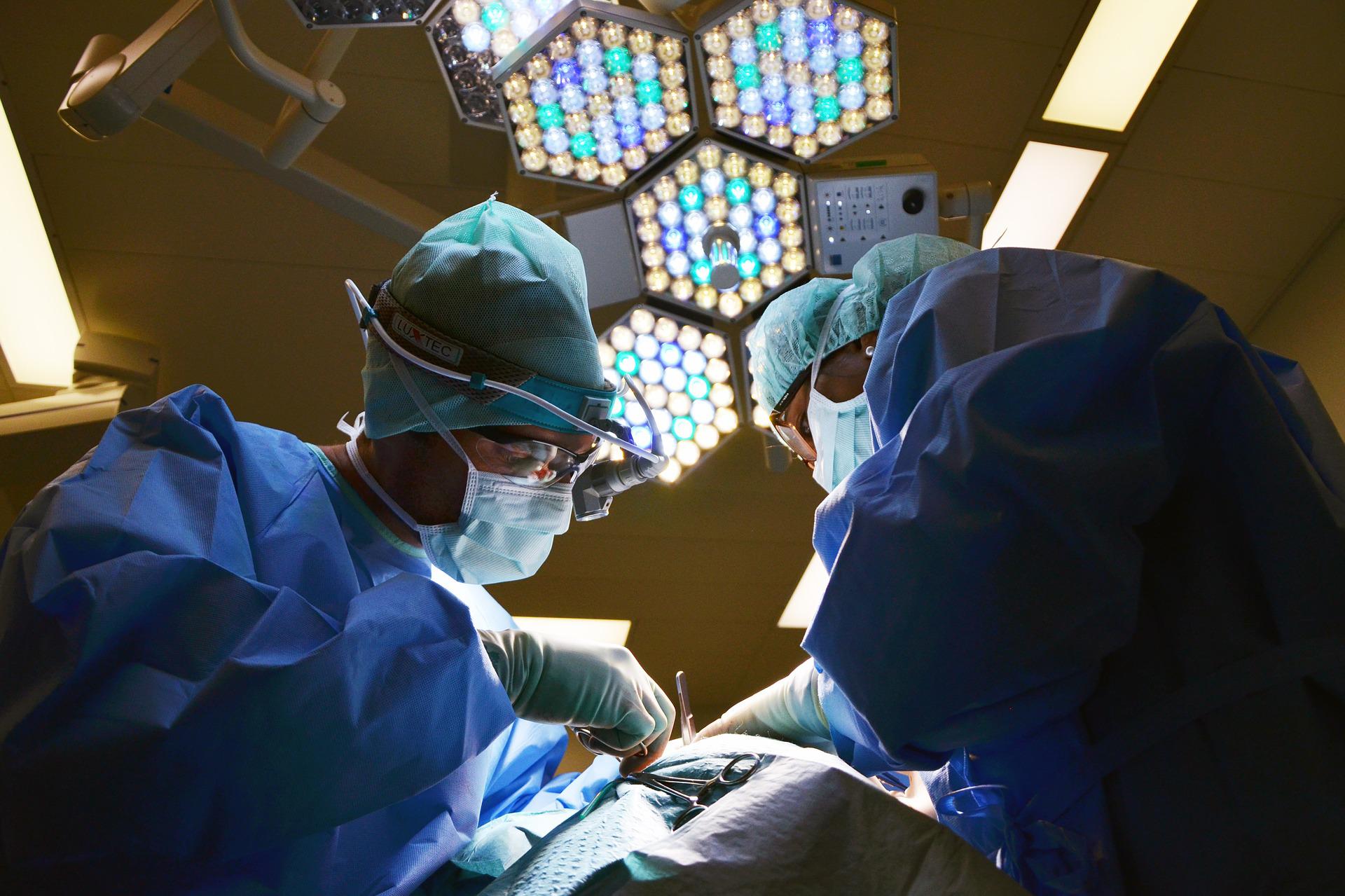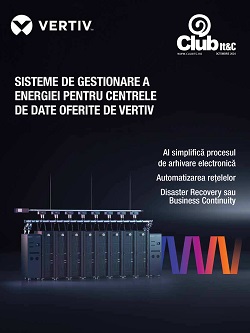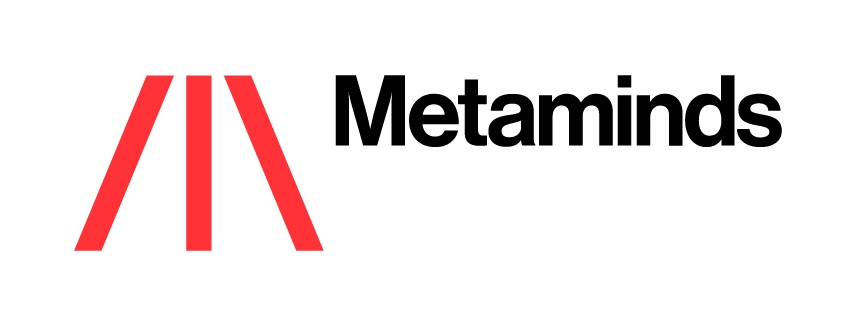The European DeepHealth Research & Development Project (Deep-Learning and HPC to Boost Biomedical Applications for Health) has come to an end. The SIMAVI team, a partner in the project consortium, achieved its goals, succeeding in creating Machine Learning models that help medical staff make the diagnosis faster and with greater certainty in the field of urology.
 These models detect an area of interest inside images obtained by tomography. This success is a first in Romania, especially in the field of adrenal gland medicine, where nothing similar had been achieved before the start of the project.
These models detect an area of interest inside images obtained by tomography. This success is a first in Romania, especially in the field of adrenal gland medicine, where nothing similar had been achieved before the start of the project.
The purpose of DeepHealth project was to create high-performance tools based on Artificial Intelligence, Machine Learning and Computer Vision, tools which could be used in multiple medical case studies.
The partners aimed to integrate these tools with several biomedical applications that are already in use by medical practices. In the end, what their partners wanted – and achieved – is for physicians to have access to and use advanced technologies such as Artificial Intelligence, Machine Learning, and Computer Vision to diagnose, monitor, and treat patients.
In the DeepHealth project, the SIMAVI team had two major contributions:
• Development of a front-end application which, together with a back-end developed by UNIMORE partners and the EDDL and ECVL libraries forms the DeepHealth toolkit. The purpose of this toolkit is to provide medical staff with easy access to Artificial Intelligence, Machine Learning and Computer Vision processes. Therefore, the graphical interface developed by SIMAVI is easy to use and makes all these processes more intuitive, through graphs that show the results.
• Development and implementation of Machine Learning models.
Using classic Artificial Intelligence / Machine Learning / Computer Vision techniques and the EDDL and ECVL libraries developed in the project, the SIMAVI team was able to create convolution neural network models to help healthcare professionals diagnose more quickly and with certainty in the field of urology.
The medical support was provided by the team from the Clinical Hospital “Professor Doctor Theodor Burghele” and consisted of collecting and anonymizing data and sharing medical knowledge with the Artificial Intelligence team from SIMAVI.
The SIMAVI team processed this data and created 8 models for various set objectives. These models detect an area of interest inside images obtained by tomography. This success is a first, especially in the field of adrenal gland medicine, where nothing similar had been achieved before the start of the project.
Machine learning and diagnostic processes can be done via the command line, which leads to greater control – but is harder to use. To this end, a user manual describes all the steps in detail and answers any questions raised by the use of these advanced technologies.
Through these processes of Artificial Intelligence / Machine Learning / Computer Vision, the medical staff has at hand a tool that will help diagnose the urology problems of patients, in half the time required so far.
The DeepHealth project involved 22 partners from 9 countries, all belonging to the European Union. The partners in Romania are Software Imagination & Vision (SIMAVI) and the Clinical Hospital „Prof. Dr. Theodor Burghele” (SCHTB). All these partners brought to the project a wide range of medical skills, Artificial Intelligence or Supercomputing.





























